Employers and Employees Be Aware: Major Changes In Colorado Minimum Wage and Overtime Regulations
By Dan Block and Juli Lapin
The Colorado Division of Labor Standards and Statistics (the “Division”) has adopted new regulations that make major changes to the minimum wage and overtime law in Colorado—which will have a significant impact on many employers and employees. The Division adopted the new Colorado Overtime and Minimum Pay Standards Order (the “COMPS Order”), which becomes effective on March 16, 2020; instead of just updating the Colorado Minimum Wage Order (the “Wage Order”) to have the increased minimum wage for 2020, as it had done in past years.
Many people testified at a hearing on the proposed COMPS Order or submitted written comments to the Division, which resulted in changes to the proposed COMPS Order. Among those were several of Dan Block’s requests for changes to make the COMPS Order more consistent with federal law and to clarify some provisions. You may have read other summaries or opinions about the proposed COMPS Order, but the information here is based on the final language of the COMPS Order.
Among the many changes to the minimum wage and overtime law in Colorado beginning in March 2020 under the COMPS Order as finalized are the following:
Industries Subject to the COMPS Order
The Colorado Minimum Wage Order covered just four industries: Retail and service, food and beverage, commercial support services, and health and medical, as defined in the Wage Order. The COMPS Order covers ALL Colorado employers and employees; except those employees in particular job categories or industries specifically exempted under the COMPS Order.
Minimum Salary for Certain Exemptions
You might have heard that the U.S. Department of Labor has increased the minimum salary for an employee to qualify for the so-called “white collar” exemptions from minimum wage and overtime under the federal Fair Labor Standards Act (“FLSA”), from $23,600 per year to $35,568 per year as of January 1, 2020. The employee’s duties must also continue to meet a “duties test” for the particular exemption claimed. Those “white collar” exemptions are “executive employees,” “administrative employees,” “professional employees,” and “computer employees.”
In the past, Colorado law has not had any set minimum salary requirements for exemptions from minimum wage and overtime; except that the salary under the “executive or supervisor” exemption could not be less than minimum wage for all hours worked. However, the COMPS Order has changed that situation. Not only does the employee have to meet a duties test for certain exemptions, as was required under the Wage Order, the COMPS Order imposes a minimum salary requirement for an employee to qualify for those exemptions from minimum wage and overtime under Colorado law. Beginning in 2021 that minimum salary will become higher than the minimum salary amount under current federal law.
The proposed COMPS Order would have set the minimum salary requirement at $42,500 per year beginning July 1, 2020.
Under the final version of the COMPS Order, beginning in July 2020 the minimum salary for an employee to qualify for the “administrative employees,” “executives or supervisors,” or “professional employees” exemption from minimum wage and overtime under Colorado law will be the same as under the FLSA ($35,568 per year); except for small for-profit businesses and small non-profit organizations.
Although the higher Colorado salary requirement does not go into effect until July, nearly all Colorado employers are subject to the FLSA and are therefore required to make sure their employees’ salaries meet the minimum requirement of $35,569 as of January 1, 2020 to qualify for the “white collar” exemptions.
Beginning January 1, 2021, that minimum salary will be $40,500 per year for all employers not exempt from the COMPS Order—and as such, in excess of the minimum salary under the FLSA. Additionally, the minimum salary under the COMPS Order increases every year thereafter according to a schedule in the COMPS Order.
Additional New and Deleted Exemptions
Additional new exemptions from minimum wage and overtime under the COMPS Order include the “owners or proprietors” exemption. That exemption applies to individuals who are “actively engaged in management of the employer” and own at least a bona fide 20% equity interest in the employer, or the individual who is the highest-ranked and highest-paid employee of a non-profit employer and is paid at least the minimum salary for the other exemptions requiring a minimum salary.
The initially proposed COMPS Order did not include a separate exemption category for employees in computer-related positions, as is in the FLSA regulations. Instead, those employees would have had to qualify under one of the other exemption categories to be exempt—and they would have had to qualify under the “professional employees” exemption to be able to be paid at least $27.63 per hour, instead of the minimum salary, as is an option under the FLSA. But in response to comments by Dan Block, an exemption of “employees in highly technical computer-related occupations,” with language similar to language he proposed, was added to the COMPS Order.
Conversely, the exemption of companions and domestic workers employed by households or family members to provide duties in private residences was not included in the COMPS Order. We expect this to have a significant impact on families.
Compensation for Missed Rest Periods
Under the Wage Order, employees who were not exempt had to receive at least a compensated 10-minute “rest period” for every four hours worked or a major fraction of four hours (i.e., over two hours). That requirement was continued in the COMPS Order, with some new exceptions. Previously, neither the Wage Order nor any other provision of Colorado law set forth a consequence for an employer’s failure to authorize and permit an employee to take his or her rest periods. That has changed under the COMPS Order.
The COMPS Order states that “when an employee is not authorized and permitted a required 10-minute rest period, his or her shift is effectively extended by 10 minutes without compensation.” In addition, it states that a failure of an employer to authorize and permit an employee to have a compensated 10-minute rest period as specified in the COMPS Order is a “failure to pay” the employee his or her wages for that missed break. In other words, an employer is now legally required to pay employees for an additional 10 minutes if the employer did not authorize and permit an employee to take a compensated rest period as required by the COMPS Order. Routine violation of this requirement could result in having to defend significant wage claims.
Distribution of COMPS Order
A new requirement under the COMPS Order is that if the employer publishes or distributes an “employee handbook, manual, or written or posted policies,” the employer must include a copy of the COMPS Order or the COMPS Order poster with the handbook, manual, or policies. Additionally, if the employee has to “sign a handbook, manual, or policies,” the employer must also have the employee sign an acknowledgement of receipt of the COMPS Order or COMPS Order poster.
Higher Local Minimum Wage
The COMPS Order includes a reference to the ability under Colorado law of local jurisdictions to adopt higher minimum wages than the statewide minimum wage, as the City of Denver has done.
________________________
For more information about the COMPS Order, or other employment-related matters, contact Dan Block or Juli Lapin. We would be pleased to review your policies for compliance with these new requirements.
Dan Block and Juli Lapin are attorneys at Robinson Waters & O’Dorisio, P. C. in Denver, Colorado. They each practice employment law and other areas of business law. You can contact them at 303-297-2600, or at dblock@rwolaw.com or juli@rwolaw.com.
The information contained in this article is for informational purposes only, and it does not constitute legal advice for any specific situation. The invitation to contact an attorney at Robinson Waters & O’Dorisio, P.C. is not intended as a solicitation in any jurisdiction in which that attorney is not licensed to practice law.








